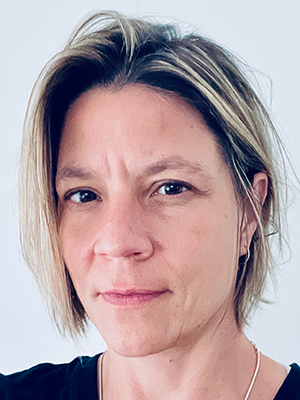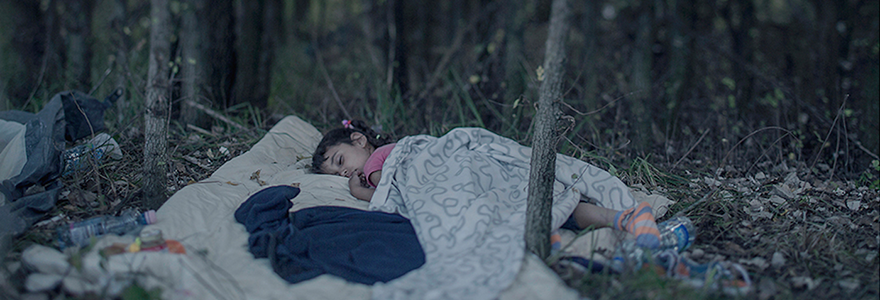FIMS News
Contact Information
FIMS Communications
Becky Blue
Email
519-661-2111x88493
FIMS & Nursing Building
Rm 2060C
From the Inside Out: Exploring the Social & Political Impact of Dreams
 By Emily Mackey
By Emily Mackey
June 2022
Professor Sharon Sliwinski wants the world to appreciate the social and political value of dreams.
Resilience, connection, beauty. Three words picked out from the way professor Sharon Sliwinski speaks about dreams. For Sliwinski, dreams are a delicate form of communication with yourself and others.
Sliwinski has always looked for freedom in academic life. From her early days in academia studying her MA and PhD in Social and Political Theory at York University, she’s admired a more interdisciplinary approach to research and learning. “I’ve always felt like a bit of a misfit in the academy,” she says. “But it’s a great job and I love working with the students.”
Doing work that crosses disciplines has been the foundation of the research Sliwinski has done at Western’s Faculty of Information & Media Studies on dreams and the significance they have on individuals, communities, and politics. The work is relevant to many. Whether it’s mental health professionals, artists, or human rights activists, Sliwinski bridges the gap between fields to talk about the imaginary.
Sliwinski’s research project, The Museum of Dreams, combines the imaginary, imagined communities, and images. Simply put, it uses visual and written work to tell the stories of dreams and their implications for life.
The Museum of Dreams team takes historical and modern accounts of dreams and shares them using stories, unpacking the meaning and the way that dreams fit into our reality. The stories are accompanied by photos and videos and speak of people like Henry James and Nelson Mandela.
key Discovery
In recent work done in collaboration with the Museum of London in the U.K., the team learned how dreams were helping people work through the difficulties of the pandemic.
It was Mandela’s own dreams that inspired Sliwinski to begin this project. In his autobiography, Mandela talks about a reoccurring dream he had when he was in Robben Island. Sliwinski found herself particularly interested in the way this dream helped protect Mandela’s mind.
“I became sort of fascinated with that dream and how it helped him survive that experience,” says Sliwinski. “I started thinking very seriously about dreams, which are not taken particularly seriously in the academy, and I started thinking okay, maybe dreams can help you survive dark times.”
This hope, of dreams contributing to resiliency, was particularly poignant during the COVID-19 pandemic, which began in March 2020 and continues to affect the globe today.
Working collaboratively with the Museum of London in the UK, Sliwinski recently undertook a project speaking to people about their “COVID dreams”. She says she is constantly amazed by people’s dreams, and this was no different.
“Every one of those conversations was extremely generous and open, and people were vulnerable. There was a beauty, a poignancy, and I couldn't have predicted it.”
This work was born into The Guardians of Sleep podcast, hosted by Sliwinski and featuring the pandemic dreams of individuals. The episodes look specifically at the way dreams help us work through the struggles in our everyday lives.
Although The Museum of Dreams is only available online right now, Sliwinski envisions a physical space in the museum’s future. Ideally, a travelling exhibition stopping in places like Buenos Aries and Berlin. If it’s a fixed museum, then a collaborative, interdisciplinary space is in her 10-year goal. She imagines a space that is one-third gallery, one-third political activist space, and one-third a treatment centre for free mental health care.
As the world begins to open up again, Sliwinski is looking forward to travelling in Europe in summer of 2022, specifically spending time in Germany as a Mercator Fellow at Saarland University. In the same way dreams can guide connection, Sliwinski will use her ideas, passion, and knowledge to guide growth in this new role.
----
This profile is part of a series written by graduate students in MMJC 9604 Professional Writing, during the Winter 2022 term. Profiles have been edited by FIMS Communications staff for clarity.
Image of the child sleeping in a forest is from The Museum of Dreams website.



